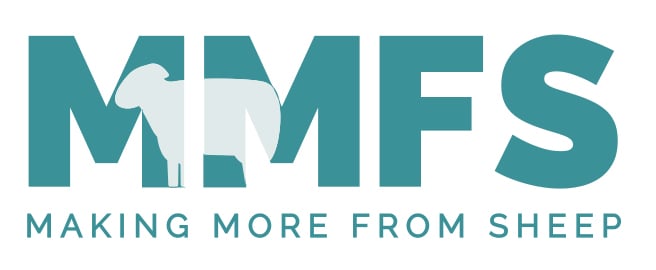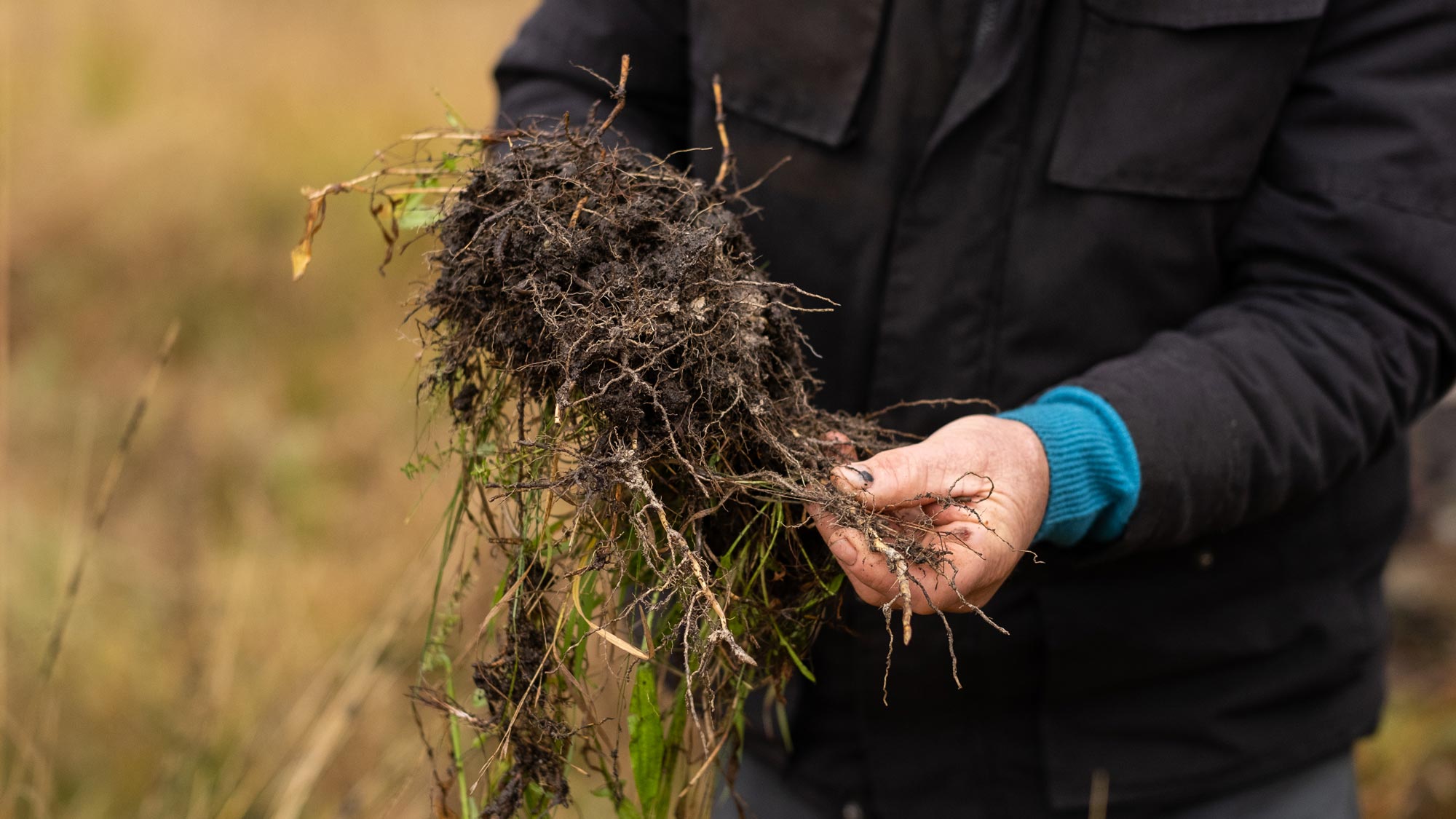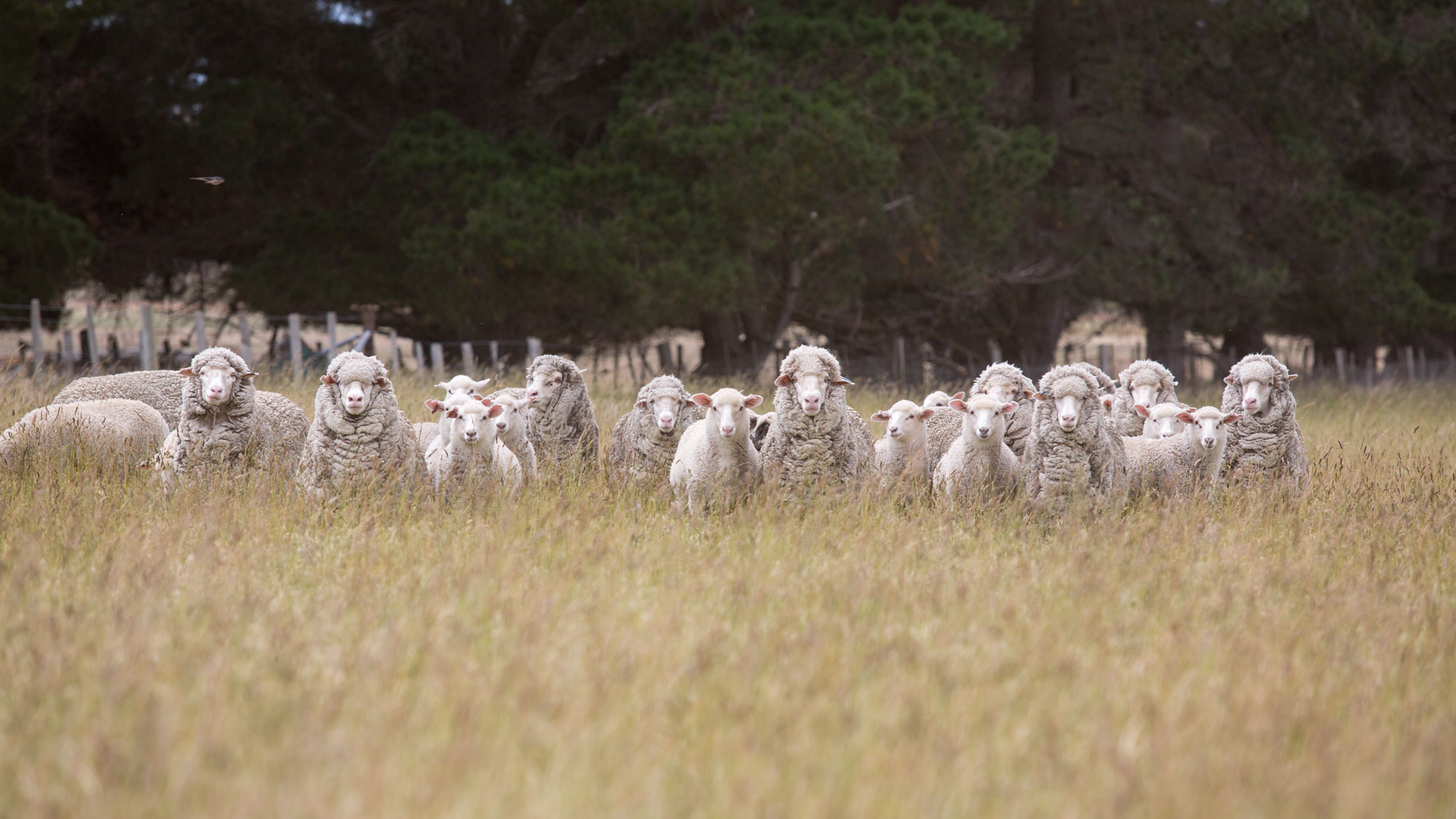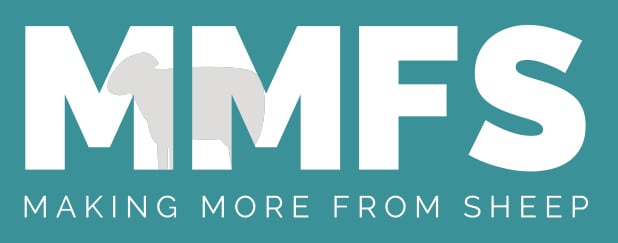Module 8 Turn Pasture into Product
Introduction
Module 7 Grow More Pasture focused on understanding and increasing the amount of pasture that is available to drive an animal production enterprise.
In this module, your business objectives (see tool 1.2 in Module 1 Plan for Success) will guide your tactics and strategies for matching feed supply to animal demand, managing any consequences and exploring opportunities when feed supply does not match enterprise demand.
The biggest driver of pasture utilisation is stocking rate, which, in turn, is the major driver of meat and wool turned off per hectare and, therefore, of profit.
The focus should be on optimising production per hectare rather than production per head.
The tools are designed to help you implement a grazing system that suits your personal and enterprise goals and your approach to risk. Tools include stock type/enterprise mix, stocking rate, grazing management, paddock subdivision and the timing of events such as lambing and stock sales/purchases.
This module will help you:
- Know your annual feed supply
- Know your annual feed demand from your livestock enterprise
- Match your annual feed supply to your annual feed demand and manage seasonal and other risks.
A key process for converting pasture into product is to measure, manage and monitor pasture supply, animal demand and risk. Instructions for measuring, managing and monitoring are included in the procedures and tools.
At its simplest, MMFS Module 8 Turn Pasture into Product is about getting the best alignment between animal demand and pasture supply so as much of the pasture you grow as possible ends up as animal product, without jeopardising the feedbase or natural resources. Increases in pasture utilisation must be made in ways that not only increase animal production but also reduce costs and account for natural resource management (NRM) risks (see chapter 5.1 in Module 5 Protect Your Farm’s Natural Assets).
Understand your whole farm feed supply, including seasonal variabiliy, quality and how you alter your feed profiles.
Define the feed requirements for your classes of sheep and consider growth targets for gaining or losing weight at specified daily rates (kg/day) for specific classes of sheep.
Measure, manage and monitor any mismatch between supply and demand and minimise your exposure to changing seasonal conditions, both within a year and between years.
This tool allows you to determine your average pasture supply, and likely variability, based on data collected in trials across southern Australia.
The MLA Feed demand calculator is a web-based tool that calculates the total feed demand of sheep and cattle for each month of the year.
Examples of simple, short-term feed budgets you can calculate manually as well as a more complex forecasting stocking rate calculator.
A feed year plan is a useful guide to planning the feed year as it allows you identify pastures and crops capable of achieving high production outcomes in sheep and show you the times of year they’re at their best, and when you have feed gaps.
A number of paddock aids are available to help assess pasture mass (quantity) ranging from the MLA Pasture Ruler to commercially available pasture meters.
A rotational grazing system can improve pasture production, utilisation and persistence.







